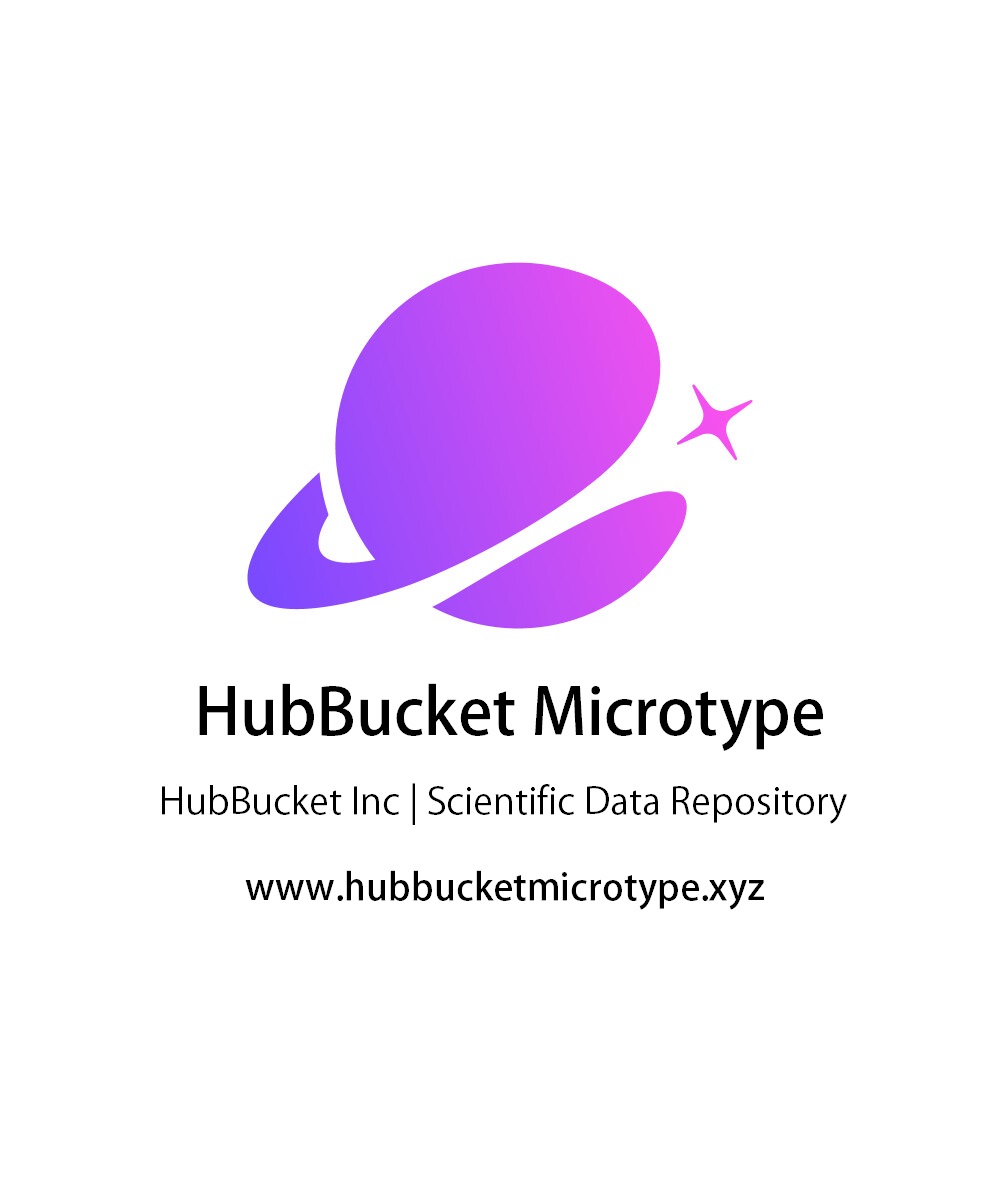Home
Website Under Construction
HubBucket Microtype
HubBucket Inc | Scientific Data Repository




A Data Repository is a centralized system designed for storing, managing, and organizing data, often with the goal of long-term preservation and accessibility. These repositories are crucial for research, business analytics, and various other applications requiring structured and curated data.
Another key aspect of data sharing involves not only posting or publishing research articles on preprint servers or in scientific journals, but also making public the data, code, and materials that support the research. Data repositories are a centralized place to hold data, share data publicly, and organize data in a logical manner.
Key aspects of data repositories:
Centralized Storage:
- Repositories act as a single, organized location for data, simplifying access and management.
Data Curation:
- Data within repositories is often curated, meaning it's reviewed, cleaned, and organized to ensure its quality and usability.
Long-Term Preservation:
- Many repositories are designed to preserve data for the long term, making it accessible for future use.
Accessibility:
- Repositories can provide controlled access to data, often requiring authentication and adherence to data usage agreements.
Metadata:
- Repositories store metadata (data about data), which describes the data's origin, structure, and meaning, enhancing its usability and discoverability.
Various Types:
- Data repositories can take different forms, including data warehouses (for structured, often large datasets from multiple sources), data lakes (for unstructured data), and data marts (smaller subsets of data for specific purposes).
Benefits of Data Repositories
- Manage your data
- Organize and deposit your data
- Cite your data by supplying a persistent identifier
- Facilitate discovery of your data
- Make your data more valuable for current and future research
- Preserve your data for the long-run
Other benefits of using Data Repositories:
- Improved Data Management: Centralized storage and curation streamline data access and management.
- Enhanced Data Quality: Data curation processes improve data accuracy and consistency.
- Facilitated Research and Analysis: Repositories provide a structured environment for researchers to share and analyze data.
- Compliance with Funding and Publication Requirements: Many repositories assist researchers in meeting data sharing and preservation requirements from funding agencies and publishers.
- Better Decision-Making: Access to curated, well-organized data enables more informed and efficient decision-making across various sectors.
Examples of Data Repositories:
Repositories include GitHub, Bitbucket, SourceForge for code and software, and specific research data repositories like Figshare, Dryad, and institutional repositories like the Texas Data Repository.
HubBucket Inc ("HubBucket') is a self-funded scientific research organization, located in Brooklyn, NY; United States of America (USA).
HubBucket Inc ("HubBucket") does not sell any products and services. HubBucket Inc ("HubBucket") has never sold any products and services. HubBucket Inc ("HubBucket') does not ask anyone for money / funding. HubBucket Inc ("HubBucket") has never asked anyone for money / funding. HubBucket Inc ("HubBucket") has never taken a financial loan from any organization, agency, business, group, and person. HubBucket Inc ("HubBucket") has never taken any money / funding from a Venture Capitol (VC). HubBucket Inc ("HubBucket") has a ZERO TOLERANCE POLICY towards fraud / white collar crime.

